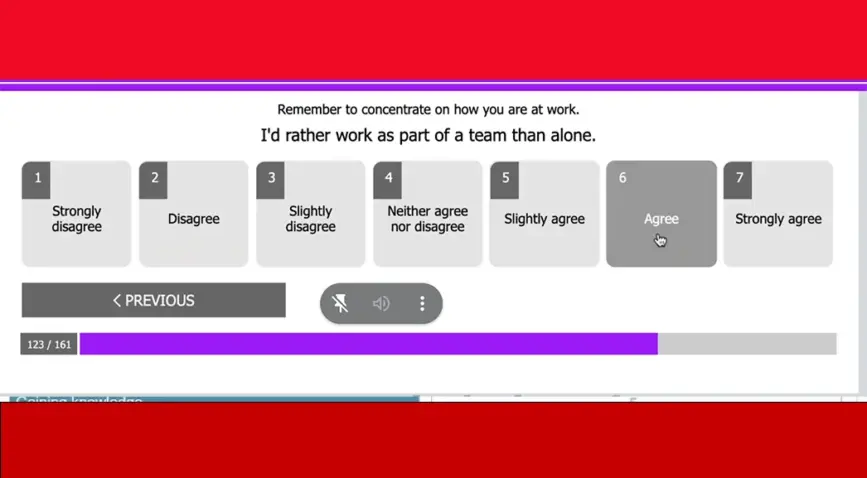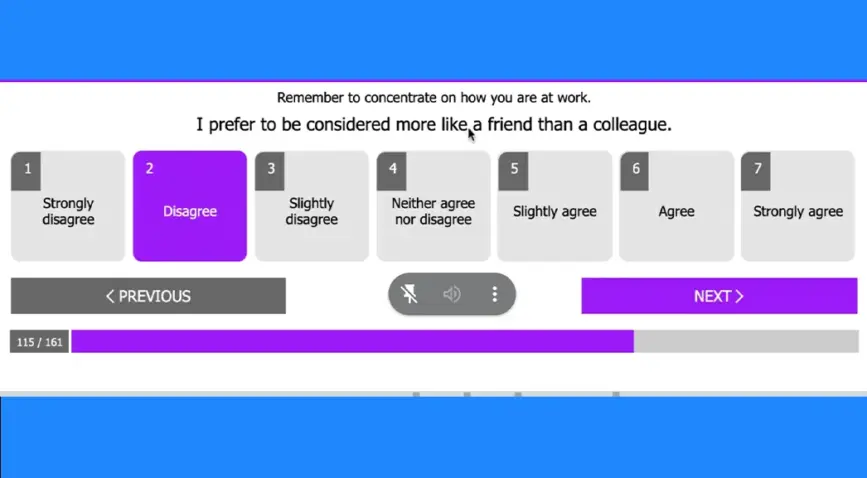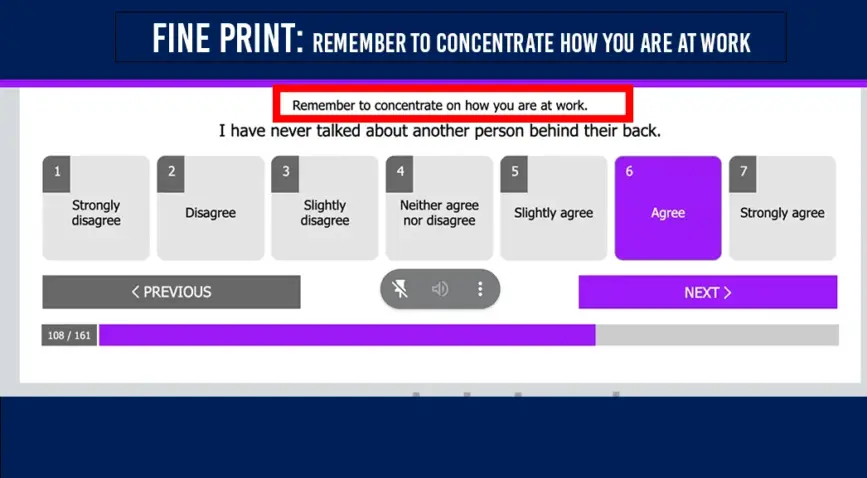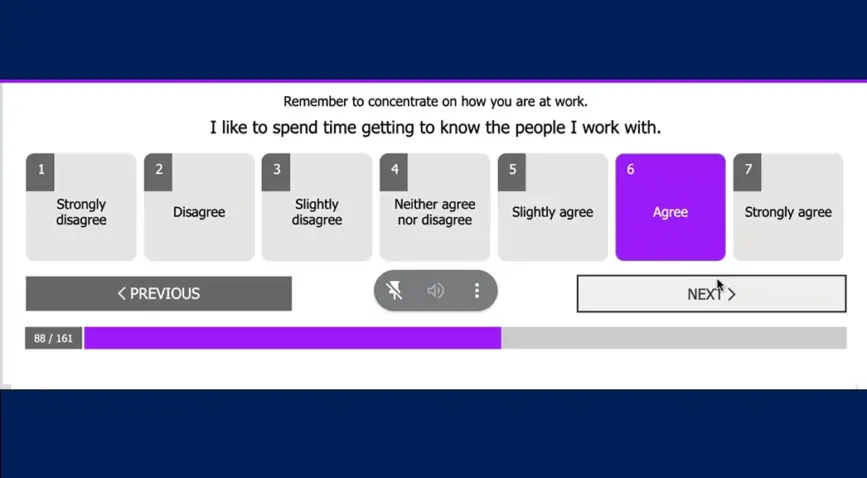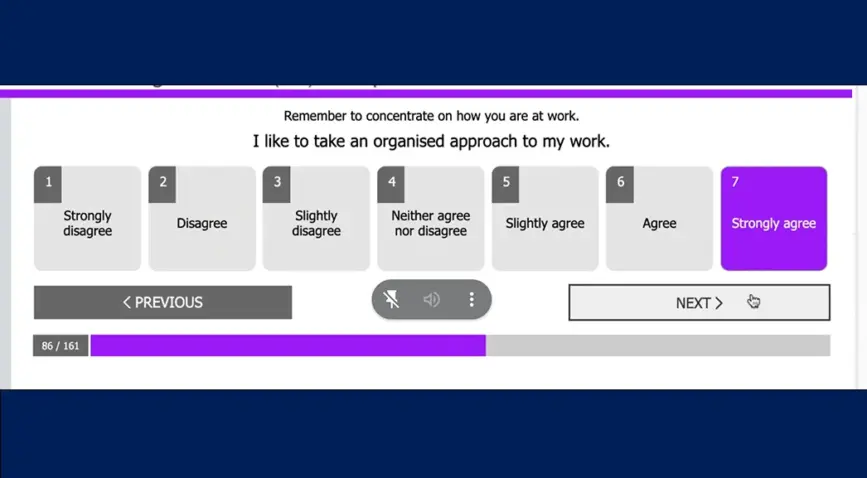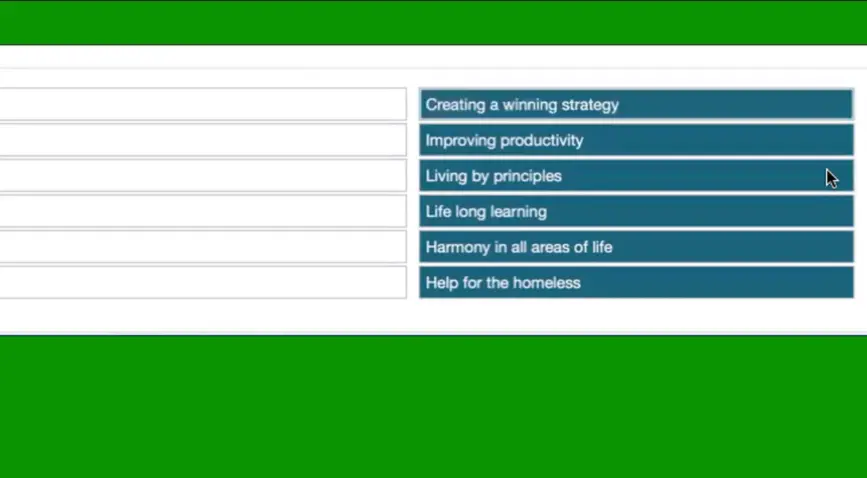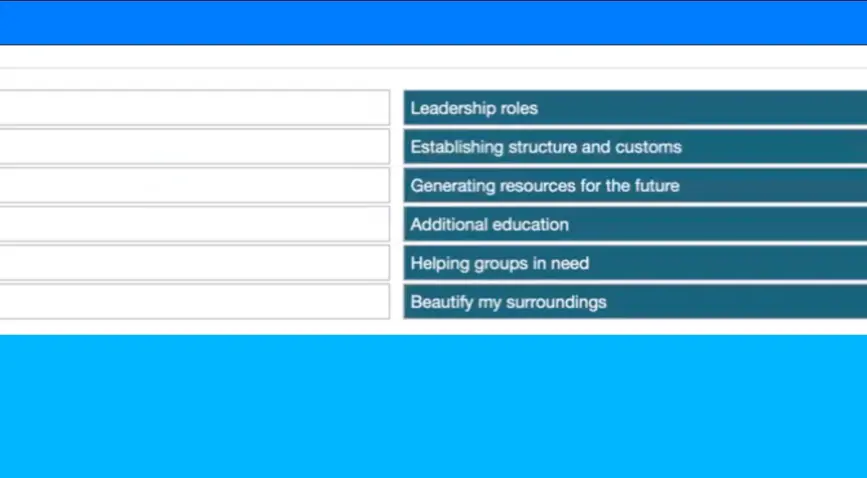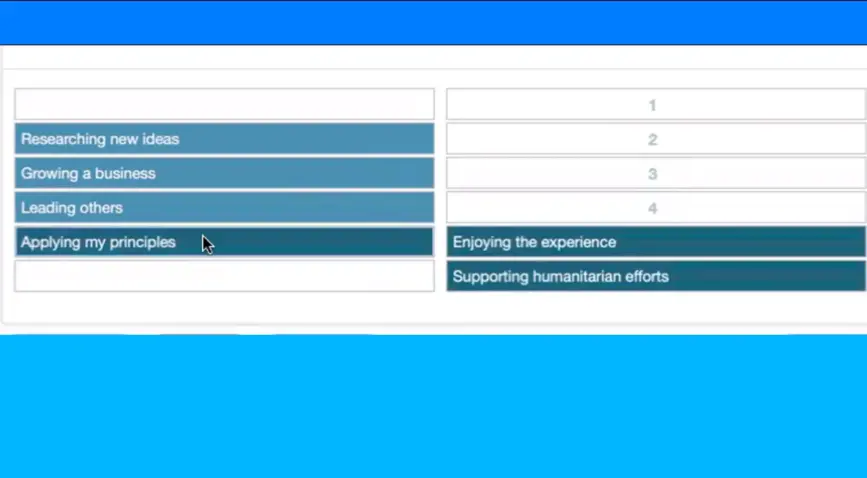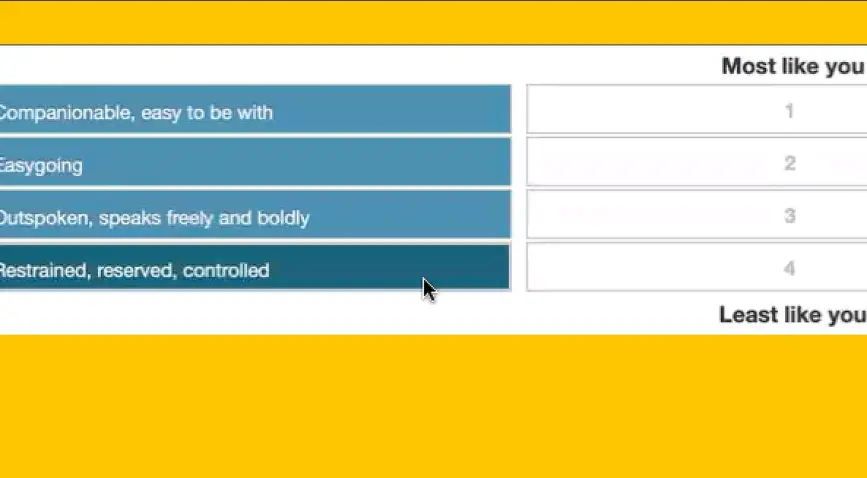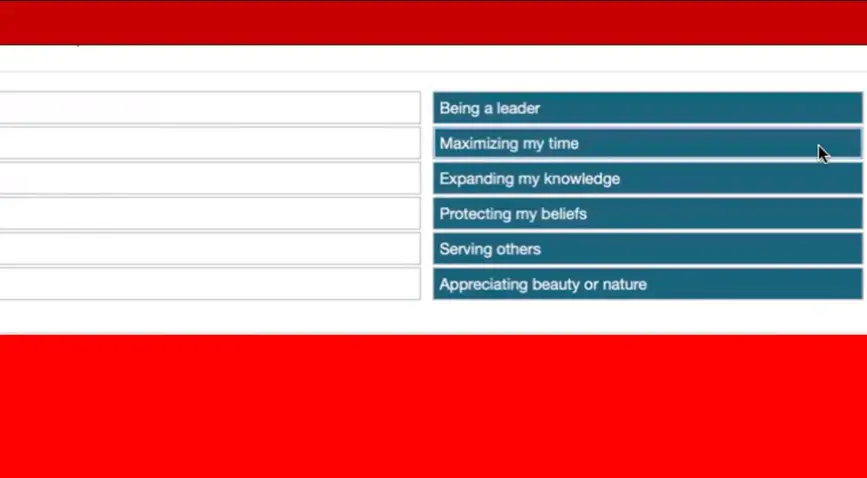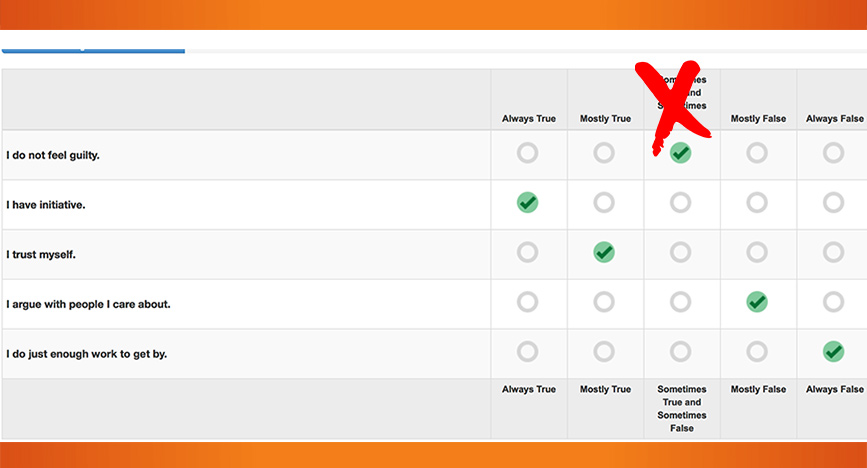Getting Perfect Scores on Preemployment Tests
- Because companies are dealing with heightened turnover and on-going management problems, giving prescreening exams has become the norm for many of today’s more prestigious employers.
- Not being able to accrue a high score on one of these exams could have profound career setbacks.
- Personality tests are designed to measure traits that are associated with successful performance in a particular job. T
- They evaluate behavioral traits that don’t tend to change much over time.
We Want to Teach You How to Get Impressive Results
Running a recruitment company for the past 20 years, we have taken personality, pre-employment or sales aptitude tests roughly 300x.
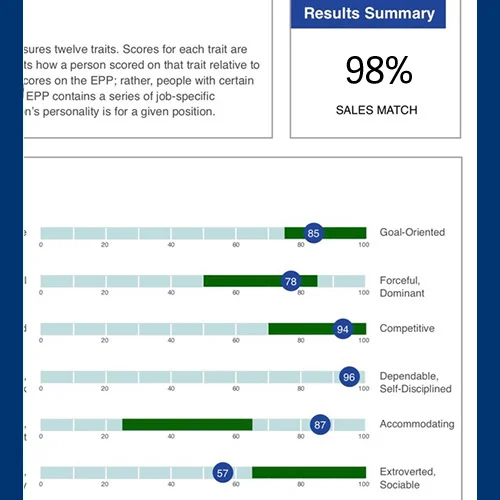

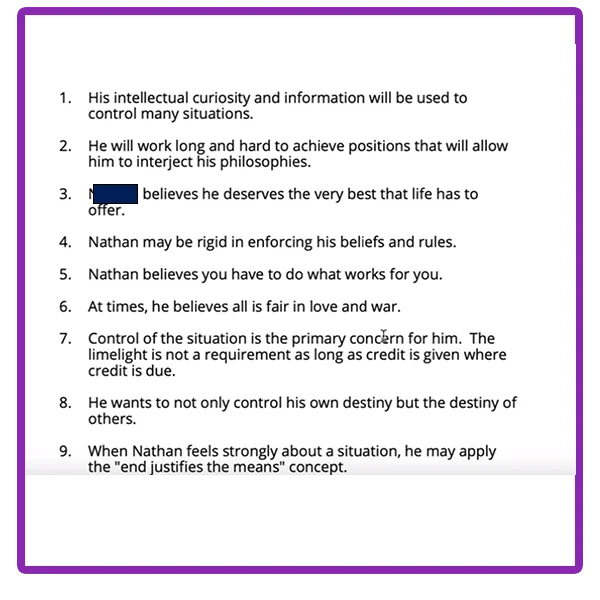
Are There Wrong Answers?
Yes. Many assessment providers tell prospective employees there are no right or wrong answers. However, that statement is not exactly accurate. Specific jobs want to see answers that allude to a candidate having certain traits. Those traits are clearly defined and relatively consistent among all tests. How you answer the questions will ultimately trigger if and to what extent you possess those traits.
Generally, these tests are geared to pinpoint:
- Intelligence (both emotional and intellectual)
- Manageability
- How you interact with others
- How you work
- How you listen
- Ability to control anger
- How you approach problems
- Your confidence
Looking at Question Formats
Assessment tests will be multiple choice. After all, they could not tell if you were apt for a job personality wise without a formula. Therefore, you don’t have to write paragraphs. Rather, you have to choose the right responses.
Here are your options in choices:
- Agree heavily
- Agree somewhat
- No opinion / indifferent
- Disagree somewhat
- Disagree heavily
Let’s Analyze These 5 Questions
Here is what we can immediately take away:
1. I do not feel guilty – the answer is “mostly false” not “totally false”
2. I have initiative – always
3. Explained in Premium Access
4. Explained in Premium Access
5. Read closely. You’ll see that are asking the complete opposite of question 2.
-
-
-
- Therefore, “always false.” Though, “mostly false” would have also been acceptable.”
-
-


